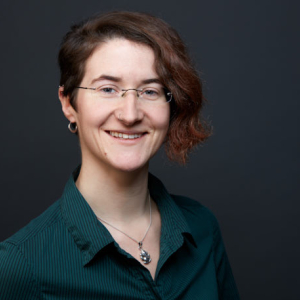PhD project
This project is situated in between the history of science, technology and media. Focus of my research will be the relationship between thinking and (manual) labour and how it was measured, stabilised, scrutinised or formed in the first place by psychological performance tests in Germany (and partly Austria and Switzerland) during the 20th century. The subjects in question were chosen from a variety of working fields, like industrial labourers, military personnel, and white-collar workers and their skills were measured, assessed and categorised.
I argue, that comprehending and grasping the relationship of manual and intellectual work was made possible specifically by the technical character of German psychotechnics, especially during the 1920s. Second, I assume that experts from different scientific disciplines like psychology or engineering projected a certain understanding about capability onto the test persons by using practices of technical tests. By doing so, the experts helped to shape a collective idea about the relationship of thinking and doing; or intellectual and manual work. This understanding of capability, subsumed under terms like “practical intelligence”, was linked to a specific idea of social order in the 1920s, according to which every citizen was supposed to take a specific place in society and the labour market. Third, I aim to illustrate how psychotechnical practices and the use of apparatus was continued after 1945, even though “Psychotechnik” is considered a phenomenon of the interwar period.

